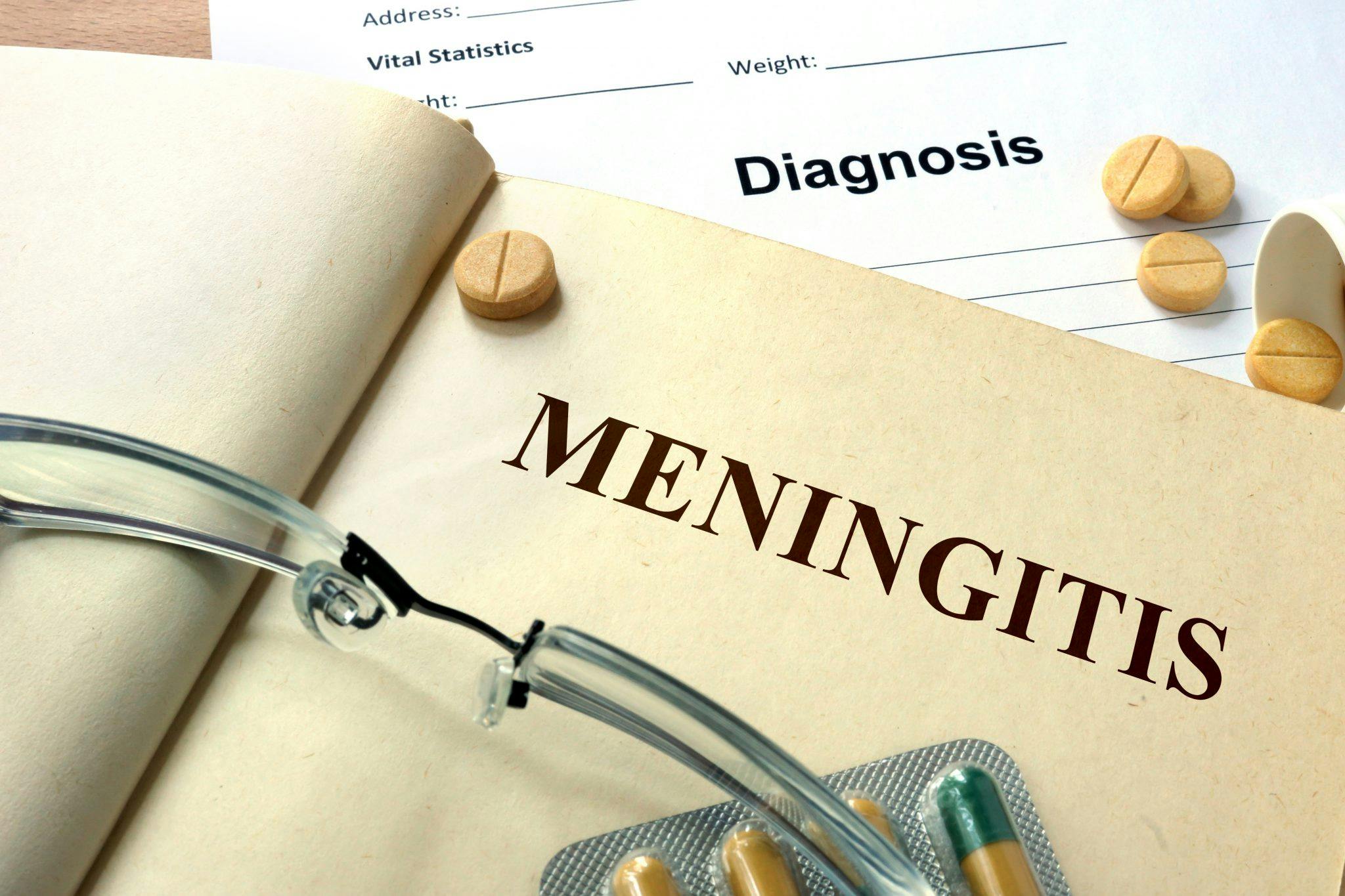
2025-06-10T13:54:10
Understanding Skin Grafts
- Dermatology
- Family Medicine
- Internal Medicine
- Orthopedics
September 5, 2017 | Family Medicine
Specialties:Family Medicine

Meningitis is a rare infection that affects the meninges, delicate membranes that cover the brain and the spinal cord. It’s possible for anyone to contract it, but while it’s uncommon overall, teens and young adults aged 16 to 23 are at increased risk.
There are multiple types of meningitis, and they can range from moderate to severe and life-threatening.
There are three primary types of meningitis:
It’s most common for children under 5, teenagers and young adults aged 16-25, and adults over 55 to get meningitis.
Meningitis is almost always caused by these infections that begin somewhere else in the body besides the brain. The ears, sinuses or throat are good examples. Other less common causes of meningitis may include:
Signs and symptoms of meningitis in you or your family may include:
In some cases, these symptoms come on the heels of a flu-like illness, ear infection or sinus infection.
For young children who are too young to talk, it may be tougher to notice symptoms as they cannot verbalize them. In babies and young children, other signs to watch for include:
People who have meningitis generally become ill very quickly, and you should call your doctor immediately if you notice any of these symptoms. Quick treatment can make a big difference.
Lab tests can help determine the type of meningitis your teen has, if they have it. A spinal tap, or lumbar puncture, may be used to determine an initial diagnosis. Treatment depends on the type of meningitis:
Because of the higher odds of meningitis for teens, vaccines are very important. Many schools require a meningitis vaccine at some point in middle school or high school. There are two primary meningitis vaccines, aimed at protecting against five of the bacteria that most commonly cause bacterial meningitis (types A, B, C, W and Y):
Doctors strongly recommend a dose of MenACWY for kids at 11 or 12 years old, then a booster at age 16. Kids who get an initial shot after age 16 won’t need a booster. Your doctor may suggest a MenB vaccine for teens and young adults between 16 and 23, and the best time to get this is between ages 16 and 18.
In the case of children who have higher risk of meningitis—due to immune diseases, spleen damage or removal, living near an outbreak, taking drugs that limit the immune system or traveling to a place where it’s common—they may need vaccines at a younger age. Check with your doctor here.
If you’re wondering about protecting your child or teen from meningitis, your doctor can offer additional recommendations.
Sources:
“Teens and Meningitis.” WebMD. http://www.webmd.com/children/teens-meningitis-17/default.htm
“Meningococcal Vaccination for Preteens and Teens: Information for Parents.” Centers for Disease Control and Prevention. https://www.cdc.gov/vaccines/vpd/mening/public/adolescent-vaccine.html
WRITTEN BY:
The Live Better Team

2025-06-10T13:54:10

2025-04-24T14:00:43

2025-03-10T14:24:39

2025-01-21T10:28:42
This information is not intended to replace the advice of a medical professional. You should always consult your doctor before making decisions about your health.